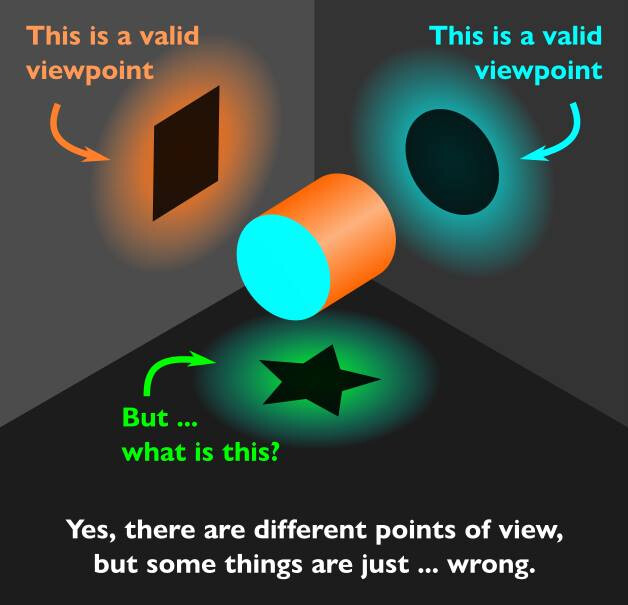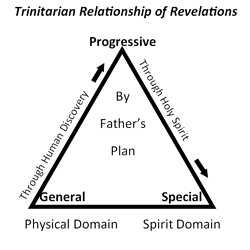Nice review! (I’m late to the party here and trying to catch up.)
Early on, @Jay313 draws on an observation from Kinnaman’s book as he notes that…
Younger people have been leaving the faith in increasing numbers for decades, and one of the main reasons is the perceived anti-science mindset of the church.
I’ve been musing about using a better communication strategy in which (I think) it might be best to stop even referring to this alleged opposition as such (between these two parties: church and science under those respective labels) for the reason that, even repetition - even if to debunk, is of marginal value and may even be helping sustain the life of that particular trope.
I wonder if more couldn’t be gained (on the pew side) by highlighting the opposition of so much of the church to the testimony of reality. Science at its best, draws its strength from its dogged rootedness in that reality. Instead of thinking of science as the “sole representative” of said reality (which we unwittingly do by inserting it as the stand-in label for all such reality-based truth pursuit), it might be helpful to point people themselves back to that same strength without necessarily invoking the (as-now-perceived-by-some) partisan label of ‘science’.
All of us, whether we call it ‘science’ or not, are challenged by any good education - secular, catechistic, or otherwise, to have understandings that helps us account for as much observed reality as accurately as possible. Sure, changing labels doesn’t magically solve any problems. We still have so-called “alternate realities” or people disputing even which observed realities are real. But at least there is still the common ground of all sides wanting to be seen as having ‘reality’ on their side, whereas for some, the label of “science” has now been tainted and painted with partisan conspiracy light.
I suggest that it may be a more pointed and effective challenge to replace our charge that “the young are leaving due to anti-science mindset of the church” instead with: “the church’s careless handling of matters of truth” or “the church’s failure to learn from or be corrected by the testimonies of rocks, trees, of reality itself.” It’s a failure to see God’s work as being every bit as true as God’s word. Once evangelicals have sold away the former, they’ve already given away any hope of faithfully handling the latter.

